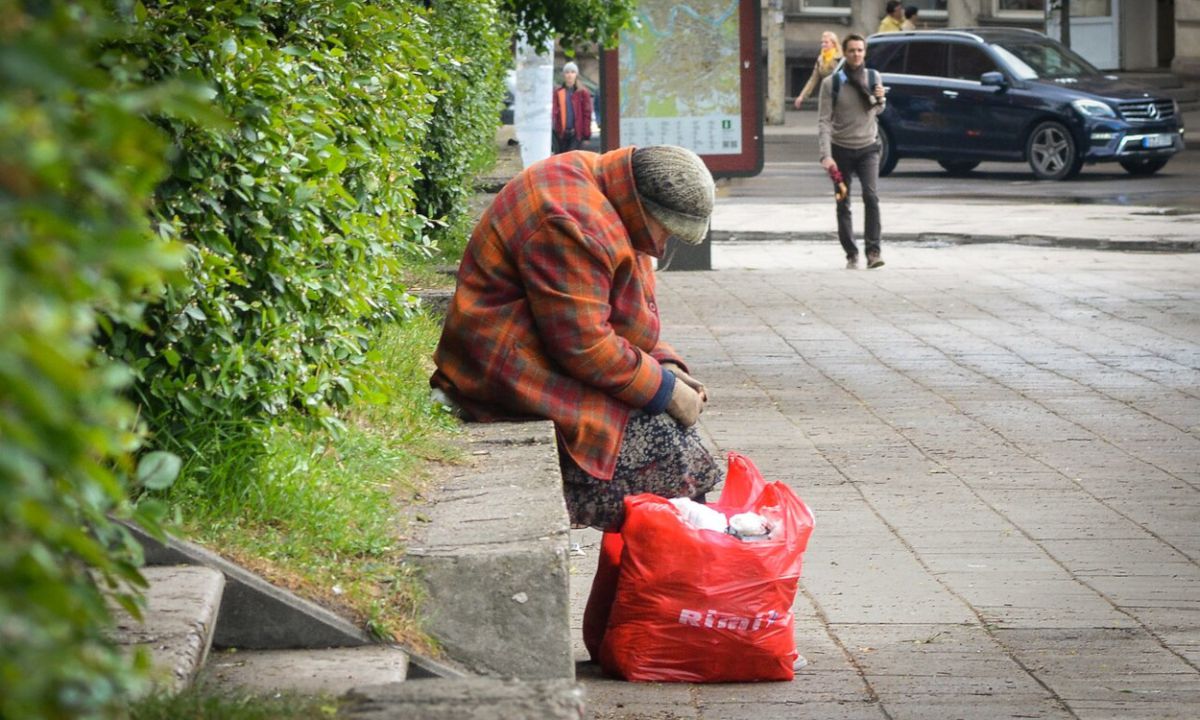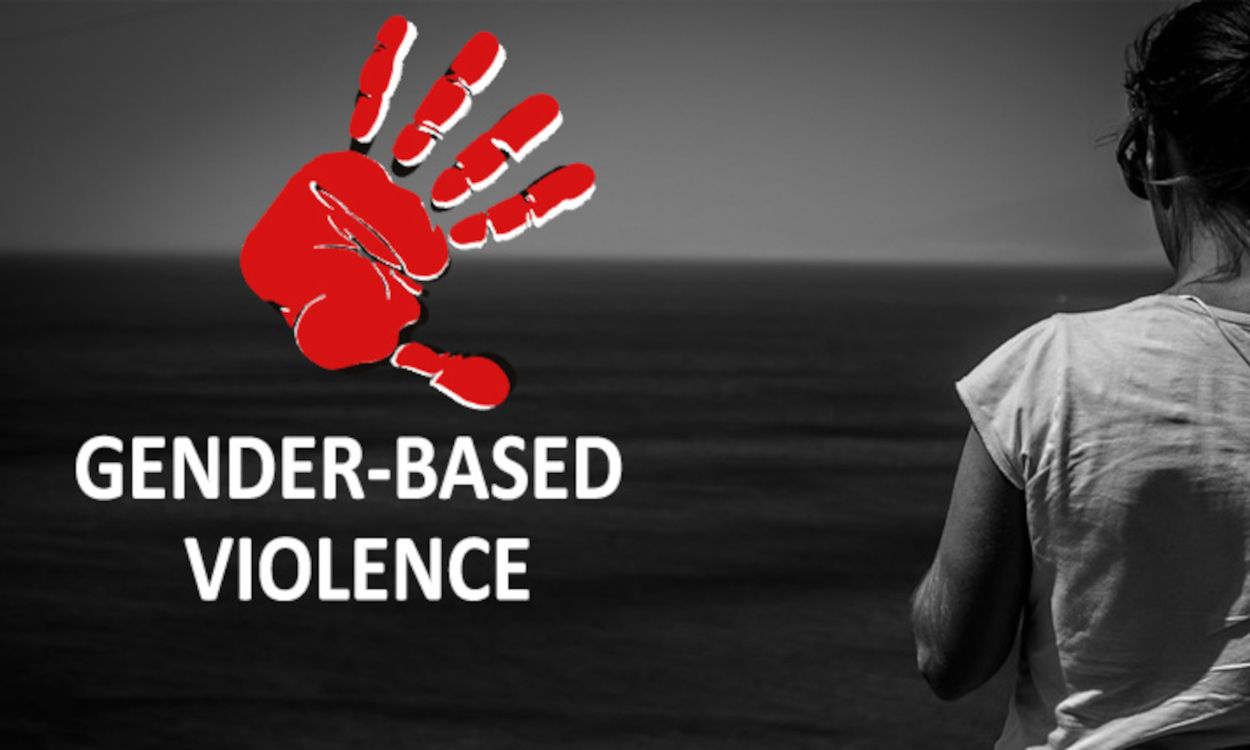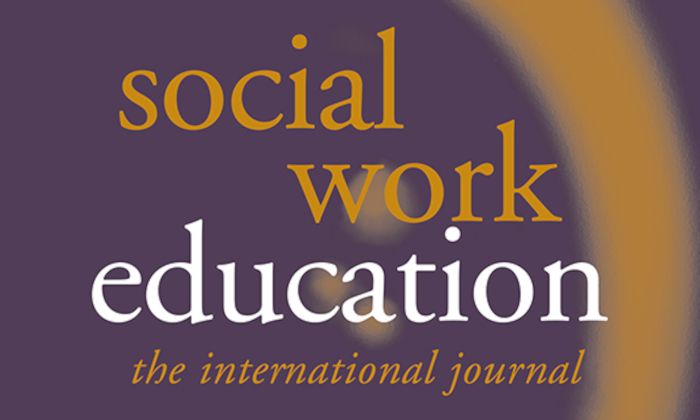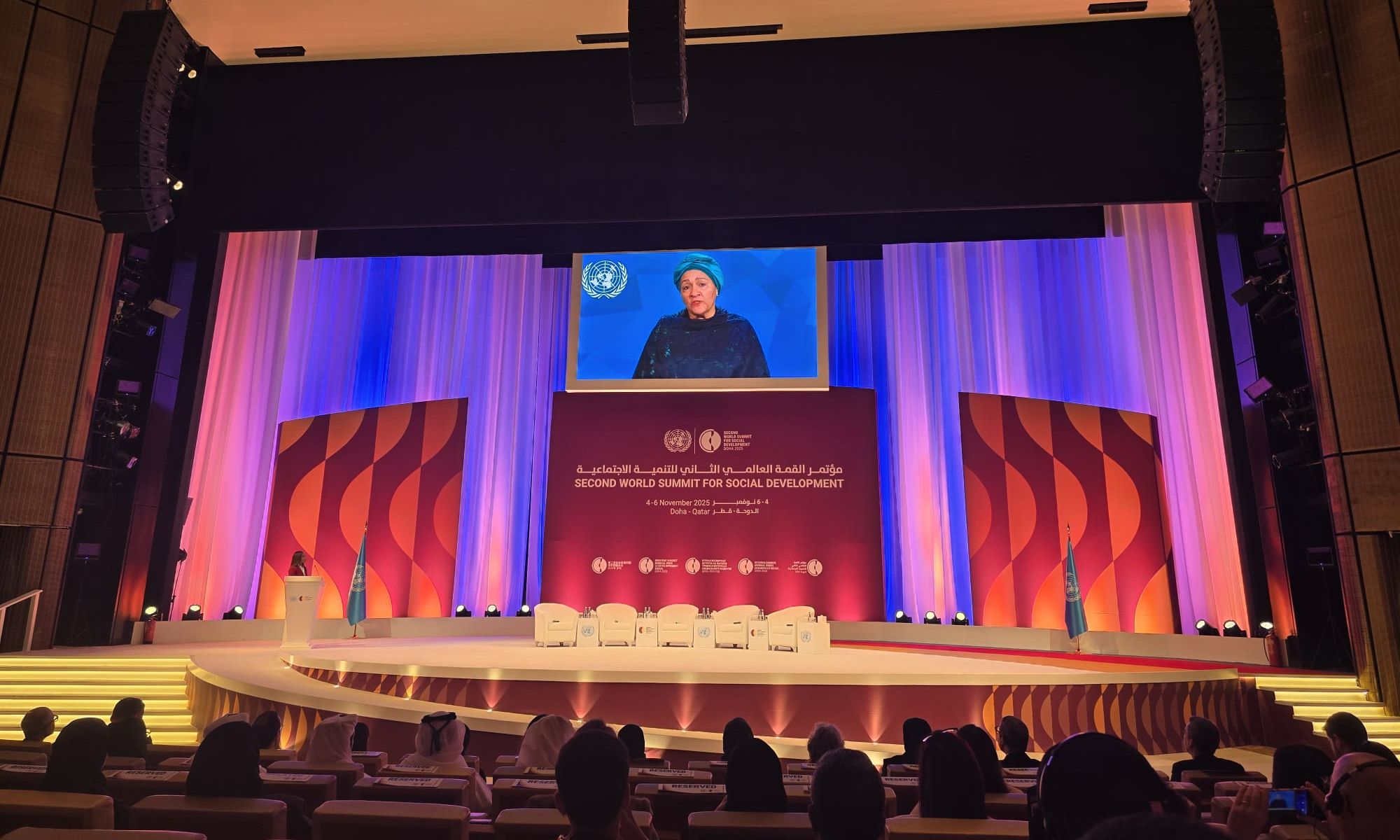Summary of the Seminar “Poverty of Children and Families” of ICSW Europe in Vilnius, Lithuania

by Max Rubisch, ICSW Europe President
Global Newsletter - February 2024
The key issue of ICSW Europe in the last year was the problem of increasing poverty in Europe. The European Anti-Poverty Network EAPN has issued the European Poverty Watch Report 2022. The groups most at risk of poverty are Migrants, Roma, Unemployed persons, Women, Elderly, Youth and especially Children. The report says about Child Poverty:
“24,4 % of children in the European Union were at risk of poverty or social exclusion in 2021 – compared with 21,1 % of adults ..... This is particularly worrying as experiencing poverty as a child is likely to have life-long impacts. “
With this background ICSW Europe together with the Mykolas Romeris University in Vilnius organized a Scientific Seminar on “Poverty of Children and Families“ on 30 November and 1 December 2023 in Vilnius, Lithuania.
Around fifty participants took part in the hybrid event (face to face and online form) that lasted one whole day (a half day on 30 November and a half day of 1 December 2023). The Seminar was officially opened by Martynas Šiurkus (ViceMinister of the Lithuanian Ministry of Social Security and Labour). His opening words were followed by Jolanta Pivoriené (Vice-Dean for International Relations and Projects of the Faculty of Human and Social Studies at Mykolas Romeris University) and Max Rubisch (ICSW Europe President).
The first issue of the Seminar was the Poverty of Children in the European Union as a whole. Ally Dunhill (Eurochild) reported that 25 % of children in the European Union are at Risk of Poverty and Exclusion (AROPE). The COVID pandemics, the war in Ukraine and the raising costs of energy have worsened the situation. Only six countries in the European Union have Ministers explicitly responsible for Children’s Rights. Almost all countries in the European Union have National Action Plans against Child Poverty – but having a National Action Plan does not mean that the planned measures are implemented.
Sheila Gois Habib (European Anti-Poverty Network) underlined that poverty is not an individual but a structural problem. The access to essential services and fundamental rights is often not guaranteed, poor children suffer from discrimination and stigmatization. The European Welfare States are inadequately funded - austerity measures and the liberalization of essential services have led to growing poverty.
There was consensus that the European Child Guarantee of the European Union is a good initiative, but it is not enough. It is necessary to increase the Child Allowances and the Housing Allowances, Education should be free, the schools should serve free lunch and participation should be ensured by free public transport and free leisure activities.
The second issue was the situation in different European countries. Jekaterina Navicke (Lithuania) pointed out that in the last years the AROPE rate in Lithuania declined for children but is generally very high. The group most hit by poverty are single-parent families. Lithuania has low taxes and consequently also the social spending of the state is low. Vida Cesnuityte (Lithuania) underlined that the family model has changed and many children are now beyond social protection. A study of Mykolas Romeris University shows that the Non-take-up-Rate of social assistance is at 49 %: the holders of rights often don’t know about the availability of benefits or it seems too complicated for them to apply.
Judith Ranftler (Austria) presented an interesting project of a Basic Child Security that was led by Volkshilfe Austria during two years. The results show that a monthly financial benefit led to less conflicts in the family, to more freedom of choice in everyday life and generally to a better quality of life. Kathleen Wabrowetz (Germany) reported on the Basic Income for Children that is planned by the German Federal Government. It should start in 2025 but the project is still under hard political pressure and is not yet adopted by the parliament.
Alejandro Sanz Angulo (Spain) presented figures – the AROPE rate for children and adolescents in Spain is the third highest in the European Union, behind Romania and Bulgaria. The worst situation faces single-parent households, ethnic minorities like Roma and unaccompanied migrant children. Eva Holmberg Herrström (Sweden) reported that between 2000 and 2017 the income differences in Sweden increased very much and in the same time the budget for social protection decreased and fell under the EU average. Anna-Maria Isola (Finland) underlined that in Finland the new right-wing government is planning big cuts in the social system and austerity measures. This will certainly increase poverty and especially poverty of children and families.
The last part of the Seminar was a discussion between all participants. It was good to see that among them were also young students from different continents taking part in the European Union Program "Erasmus Mundus" at Mykolas Romeris University. As a conclusion of the presentations the participants formulated the following political demands:
- Children should be respected as experts in their own right: we need a rights-based and universal approach in favour of children;
- CWe need community-based training and vocational programs in cooperation with Civil Society Organizations;
- CFamily planning should be made compulsory;
- CFunding should not go to Governments but to Civil Society Organizations;
- CA comprehensive model for Monitoring and Evaluation of programs and policy should be established at local level;
- CCivil Society Organizations should be strengthened and should be involved in decision making and policy making;
- CExamples of good practice are important where states should be given the possibility to learn from each other;
- CIn order to combat poverty, the Social Budgets should be exempted from the Deficit Rules of the European Union.
Poverty of Children and Families is not only a human and a social problem, it has also large economic consequences. The Organization for Economic Cooperation and Development (OECD) calculates the follow-up costs of Child Poverty with 3.6% of the Gross Domestic Product. This is due on the one hand to higher expenses for health services and social benefits and on the other hand to less receipts from taxes and contributions to the social security system.
Child Poverty is also an issue of sustainable development. In September 2023, ICSW Global adopted the “Windhoek Declaration” (see the Newsletter of ICSW Global from September 2023).
The issue of this document is advancing the Sustainable Development Goals of the United Nations. It concludes on ten action points – one of them addresses children in a very clear statement:
“Put children at the center: sustainable development means taking care of the needs of today's people without compromising the possibilities of future generations to cater for their needs. The first future generation is already here: today's children. All policies should thus be evaluated by a “child impact assessment”.
To conclude I want to thank all the participants of our Seminar for their contributions, especially the Lithuanian ICSW Committee and Mykolas Romeris University in Vilnius for their great hospitality.
The United Nations are planning a World Summit for Social Development in 2025. I am convinced that the outcome of our Seminar in Vilnius can be a good contribution to this event.







